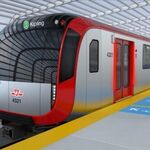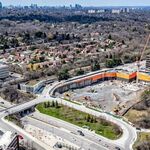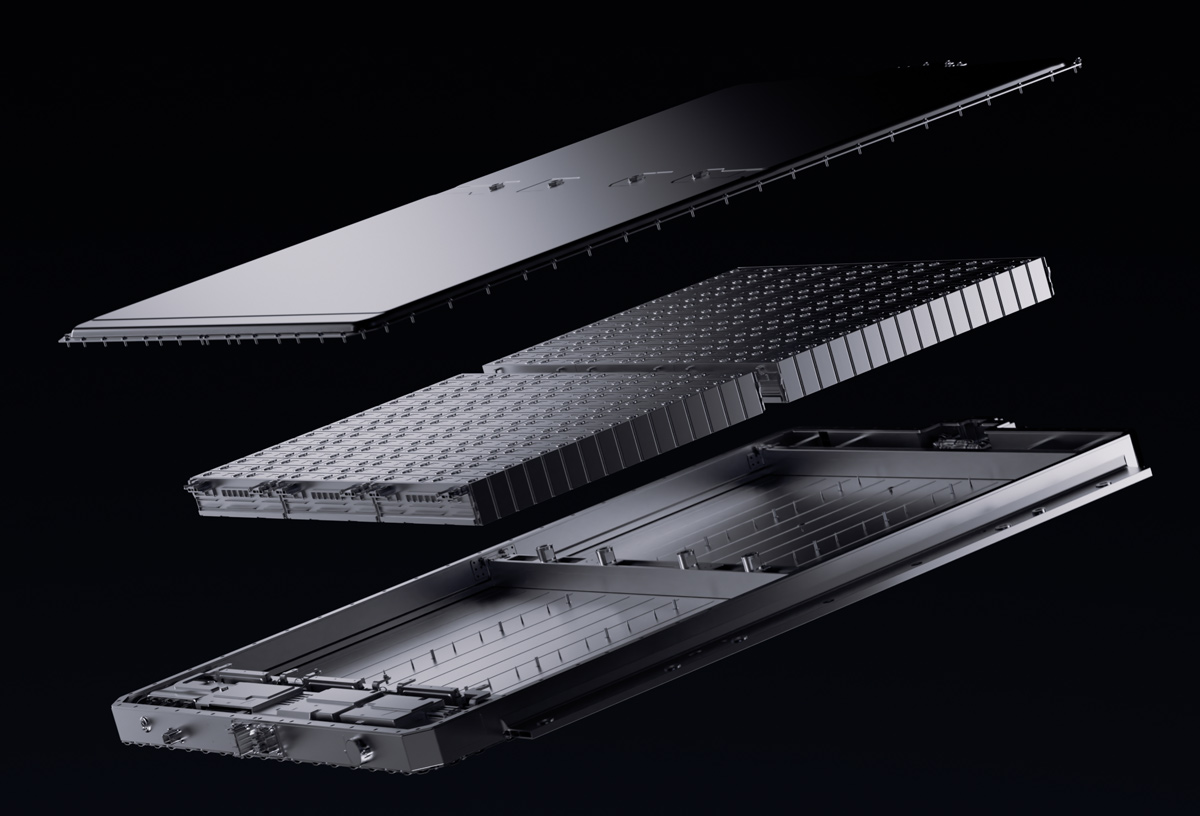On my last trip into the states, I was at a meeting where a couple of members of our group responsible for some facilities in Texas were advocating heavily that we needed to get involved in autonomous transport. I was not directly involved in the conversation, but was listening heavily, as I have leaned towards the dubious side of early adaptation of these technologies for a number of reasons, and felt that there was much more work to be done towards acceptance in the public realm. Well, I may have been wrong in my thinking, and not for the first time. The ‘Aurora Driver’ is coming to Texas this year, and the list of companies they are working with is impressive.
Many reading this thread may be very familiar with this company but I was not, and thought it more then interesting..
The website is worth a look:
https://aurora.tech/. and this note dating from 2023 is worth reading:
https://blog.aurora.tech/progress/why-wall-street-is-backing-aurora
Autonomous Trucks may not be in the GTA in 2025, and there may be work to be done in the regulatory fields as yet before that happens. But perhaps sooner than we think, autonomous alternative fuelled trucks could be a reality. Then, shortly thereafter, the same with tractors and combines - the Ultimate Dream, watching the Grey Cup with your feet up on the couch, popcorn and a cold beverage at hand, glancing out the window as the autonomous combine completes another pass…..







